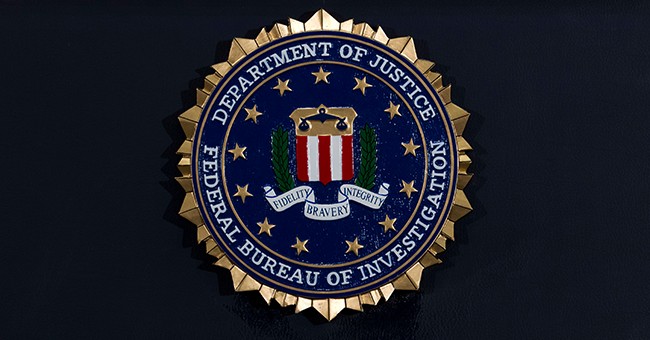
Ah, the duplicitous Mr. Brandon Van Grack. Mueller investigation team alumnus, Flynn prosecutor, liar.
U.S. District Court Judge Emmet G. Sullivan, the presiding judge in the government’s case against Gen. Michael Flynn, issued a standing order in February 2018 which lead prosecutor Brandon Van Grack was obligated to comply with. (It can be viewed here.) I am not a lawyer, but it seems to me such an order would be standard in any legal proceeding. The document states that, pursuant to Brady v. Maryland (and its progeny), the government has a continuing obligation to produce:
All evidence in the government’s possession that is favorable to defendant and material either to defendant’s guilt or punishment.
Known only to police investigators and not to the prosecutor and that the individual prosecutor has a duty to learn of any favorable evidence known to others acting on the government’s behalf . . . , including the police.
Holding that the duty to disclose exculpatory evidence applies even when there has been no request by the accused.
Applies to inculpatory, as well as exculpatory, evidence.
Where doubt exists as to the usefulness of the evidence to the defendant, the government must resolve all such doubts in favor of full disclosure.
If the government has identified any information which is favorable to the defendant but which the government believes not to be material, the government shall submit such information to the Court for in camera review.
In repeated filings, Van Grack has maintained that he’s fulfilled his obligations. In an October 2019 filing, in response to Flynn attorney Sidney Powell’s request for Brady materials, he stated that the government “has complied, and will continue to comply, with its discovery and disclosure obligations, including those imposed pursuant to Brady and the Court’s Standing Order.” He denied that they had “affirmatively suppressed evidence.”
The government had not concealed Brady material, he wrote, nor was the government “aware of any information that would be favorable and material to [Flynn] at sentencing.”
Except that they had and they were.
Powell’s motion stated that “General Flynn was targeted and taken out of the Trump administration for concocted and political purposes.” He said this was a conspiracy theory.
Funny, Van Grack’s claims don’t quite square with the neutron bomb that was dropped last Wednesday night.
How would Van Grack characterize the FBI’s January 4, 2017 Closing Communication “which recommended the FBI close its investigation of Flynn, as its exhaustive search through government databases “did not yield any information on which to predicate further investigative efforts?”
How about FBI agent Peter Strzok’s instructions not to close the case yet because Flynn might have violated the 1799 Logan Act? Flynn was the incoming National Security Advisor for goodness sake. He had every right to speak to then-Russian ambassador Sergey Kislyak.
Notes taken by Bill Priestap, the assistant director of the FBI Counterintelligence Division, in a meeting with other top agency officials discussing ways to set up a perjury trap for Gen. Flynn. Notes which said, their “goal” was “to get him to lie, so we can prosecute him or get him fired.” Not Brady material either?
Nope.
Van Grack stated that “Flynn’s alleged false statements were critical to the FBI’s legitimate and significant investigation into whether individuals associated with the campaign of then-candidate Donald J. Trump were coordinating with the Russian government in its activities to interfere with the 2016 presidential election.” Additionally, he wrote that “Flynn’s conduct and communications with Russia went to the heart of that inquiry” and that his alleged “false statements to the FBI on January 24, 2017, were absolutely material.”
On Monday, Reps. Jim Jordan (R-OH) and Mike Johnson (R-LA), gobsmacked as we all were after the Flynn documents were unsealed last week, sent a letter to FBI Director Christopher Wray. They have requested all documents related to the Flynn case and would like an “in-person” interview with FBI agent Joe Pientka, who interviewed Flynn with Strzok on January 24, 2017. Jordan and Johnson wrote, “Any criminal investigation grounded in Logan Act questions is an obvious political pretext to attack the Trump Administration.”
Fox News reports that after they contacted the FBI about Pientka’s extensive role in Crossfire Hurricane and FISA matters, Pientka was conspicuously removed from the FBI’s website. Sources have told Fox that Pientka remains in a senior role at the agency’s San Francisco field office.
The question is, how material were Flynn’s statements to Strzok and Pientka? Powell tweeted over the weekend that “No lawyer for @GenFlynn has heard the recording or seen the transcript [of Flynn’s intercepted calls with the ambassador]. I bet $1000 there is no mention of ‘sanctions.'”
It is astonishing that the FBI has not provided Flynn’s legal team with a transcript or a recording of his calls with Kislyak.
The other huge revelation came several days before the unsealing of new documents last Wednesday. On April 24, Timothy Shea, who now handles the Flynn case for the DOJ, sent Powell many documents, which prompted her to immediately file a supplement to Flynn’s January motion to dismiss the case. One document included evidence in the form of emails that Van Grack had made a side deal with Flynn’s attorneys at the time from Covington & Burling. (Flynn replaced them with Powell in late 2018.)
Powell’s supplement states she has “found further evidence of misconduct by Mr. Van Grack specifically. Not only did he make baseless threats to indict Michael G. Flynn [Flynn’s son], he made a side deal not to prosecute Michael G. Flynn as a material term of the plea agreement, but he required that it be kept secret between himself and the Covington attorneys [Flynn’s first legal team] expressly to avoid the requirement of disclosure in future cases.” (This document can be viewed here.)
According to the National Review, the “heavily-redacted emails show Flynn’s former lawyers discussing why the deal needed to be “kept secret,” implying that Flynn would be used to testify in further criminal cases. “The government took pains not to give a promise to MTF regarding Michael Jr., so as to limit how much of a ‘benefit’ it would have to disclose as part of its Giglio disclosures to any defendant against whom MTF may one day testify,” one email states. Giglio v. United States says the failure to disclose immunity deals to co-conspirators constitutes a violation of due process rights.”
Anonymous, and widely followed Twitter lawyer, Techno Fog, was the first to pick this up.
Van Grack wanted this side deal kept secret because he would not be legally obligated to disclose it to the lawyers of a defendant Flynn might be testifying against. Van Grack feared knowledge of this deal might reduce Flynn’s credibility in future cases.
New Flynn filing – Supplemental Motion to Dismiss
There was a "side deal to not prosecute Flynn Jr." that was kept secret to avoid disclosure requirements.
Full doc: https://t.co/IBos3aYQS5 pic.twitter.com/PkBLsIWvla
— Techno Fog (@Techno_Fog) April 24, 2020
Fox News’ Greg Re explains:
For an individual to be prosecuted for a false statement offense under federal law, the lie must be “material.” The newly revealed materials strongly suggest the FBI wasn’t truly concerned about Flynn’s call with Kislyak during the presidential transition period. If the questioning of Flynn by Strzok and Pientka were based on a pretext, that revelation would arguably defeat any assertion that Flynn’s purported lies were material.
That arrangement is contrary to the stated terms of the November 30, 2017 plea offer signed by Van Grack, Flynn, and his lawyers, which represents that there were no other “agreements, promises, or understandings” between the special counsel’s office and Flynn.
The National Review’s Andrew McCarthy, a former assistant U.S. attorney adds, “[F]ederal law requires all terms of a plea agreement to be disclosed to the court; prosecutors are not at liberty to obscure plea terms because they are embarrassed or tactically harmed by having agreed to them.”
The evidence couldn’t be any clearer that Van Grack failed to meet his obligations under Sullivan’s February 2018 order. In my untrained mind, I find his misconduct to be so deliberate and so devious that it rises to the level of criminality. But, as I said, I am not a lawyer. At the very least, it was unethical and it was material to the case, which should be thrown out.
This post is not an exhaustive report of the many ways the FBI’s handling of this case departed from typical FBI protocol. There is evidence that the 302 (FBI interview report) had been edited and other issues as well. The corruption runs deep.
Re notes that Van Grack’s name has been absent from the government’s latest court filings.
More documents are expected to be unsealed soon.
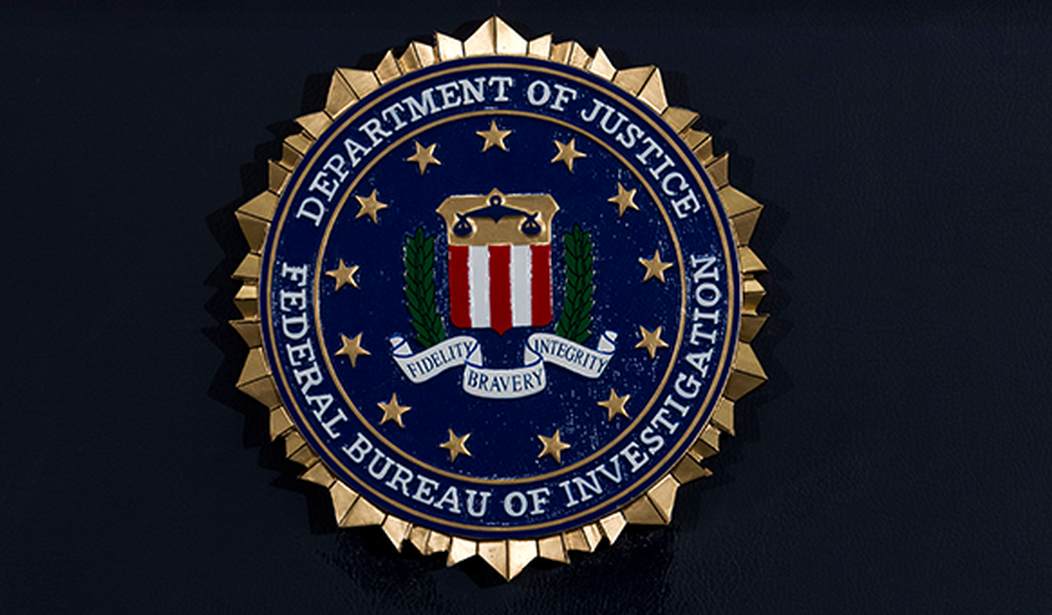
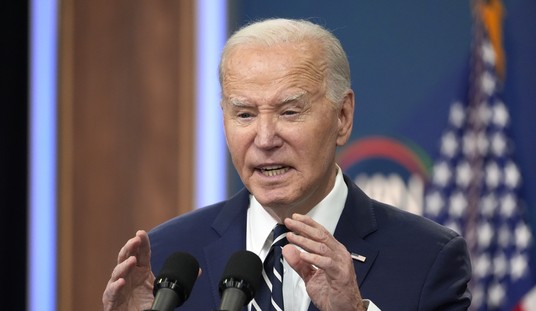

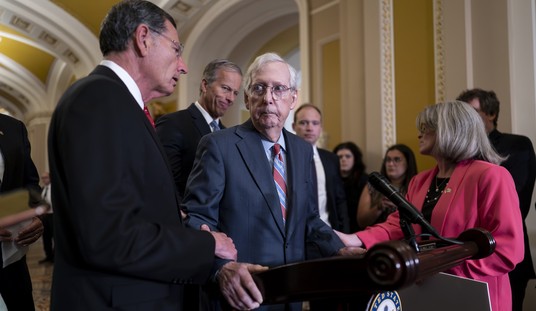

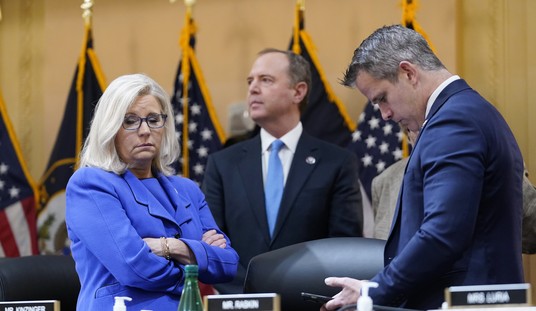




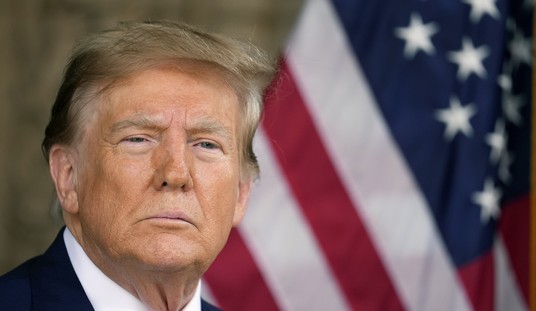
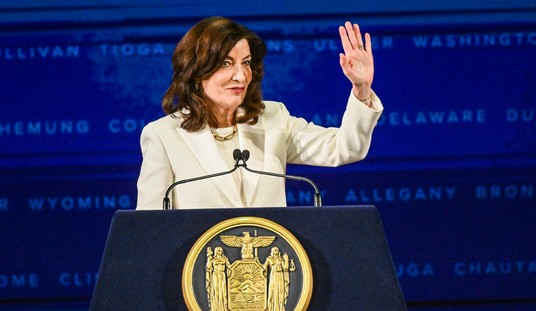

Join the conversation as a VIP Member